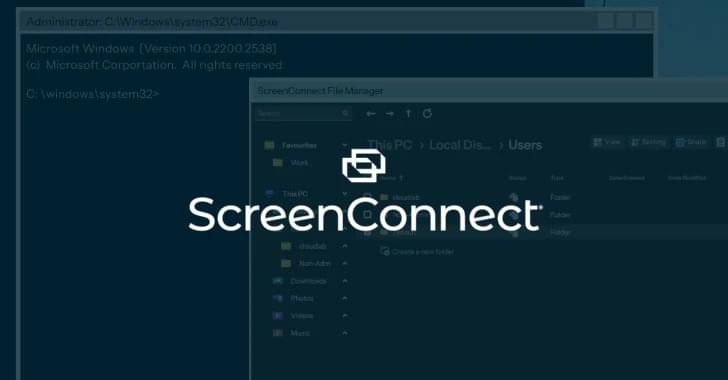Cybersecurity researchers have flagged several popular Google Chrome extensions that have been found to transmit data in HTTP and hard-code secrets in their code, exposing users to privacy and security risks.
“Several widely used extensions […] unintentionally transmit sensitive data over simple HTTP,” Yuanjing Guo, a security researcher in the Symantec’s Security Technology and Response team, said. “By doing so, they expose browsing domains, machine IDs, operating system details, usage analytics, and even uninstall information, in plaintext.”
The fact that the network traffic is unencrypted also means that they are susceptible to adversary-in-the-middle (AitM) attacks, allowing malicious actors on the same network such as a public Wi-Fi to intercept and, even worse, modify this data, which could lead to far more serious consequences.









